Today, both are intensifying their efforts to attract more pro business, but Home Depot is doing a much better job of finding ways to serve those customers than Lowe's.
2019 marks Home Depot's 40th year in business, having started up with 3 stores in 1979. Founders Bernie Marcus and Arthur Blank, fired from a California DIY chain, moved to Atlanta with an idea for a different kind of home centre - one that would cater to consumers as well as contractors and builders.
Its first three stores took over abandoned discount store sites. Its bare-bones layout, massive stocks of merchandise and lower operating costs and very competitive prices proved to be extremely successful.
Lowe's, on the other hand, is a much older business, having been established after the end of World War II in North Carolina. Its physical stores were smaller and it stocked a much more limited range of products. It used adjoining space for stocks of lumber and building materials.
For years, the company expanded throughout America's south, primarily in smaller cities and towns, largely avoiding major metropolises.
It wasn't until Home Depot's tremendous growth and strong competitive position drove most other home centre chains out of business that Lowe's management decided to go head-to-head in competition with Depot by developing large stores similar to Depot's but with less of a "warehouse" look. It also recognised that it needed to enter major metro and suburban sites.
During all those years of growth, both chains served both types of customers, but neither made any noticeable special effort to court contractors and builders. Now that both chains are operating thousands of retail outlets and dominate the DIY channel, they have decided to focus more attention on their professional customers.
Home Depot's efforts include in-store as well as online efforts. It offers a Pro home page on the Internet, featuring a range of pro-oriented special activities and services such as purchase tracking, mobile coupons, text alerts and new product updates.
The market leader's in-store activities seem to be much better and more widespread than those of Lowe's. It emphasises what it calls its "Everyday Benefits and Services" for this group of customers, and these range from a dedicated reserved parking area at each store to a dedicated…

 Menü
Menü




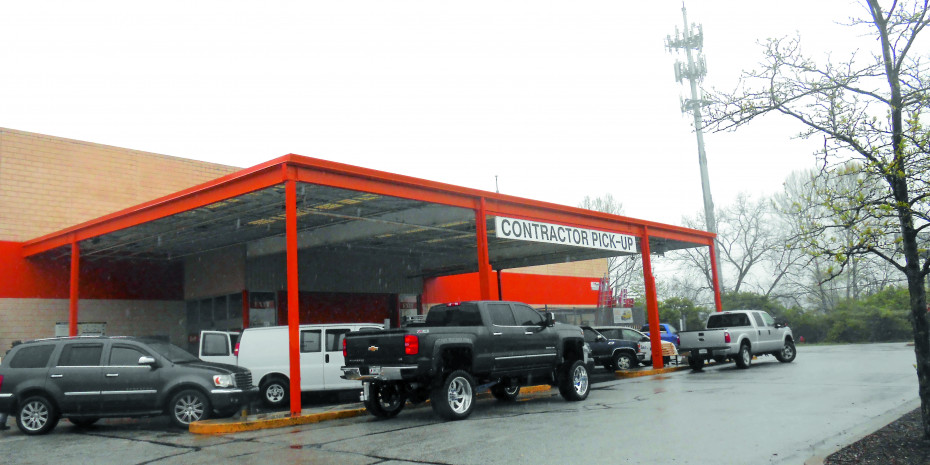

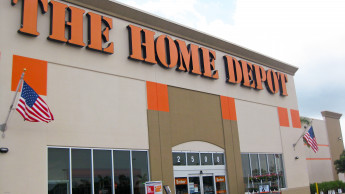
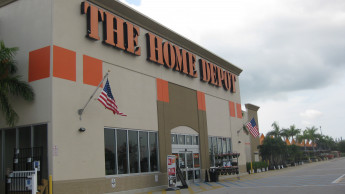
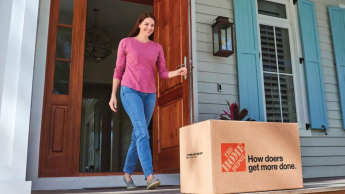



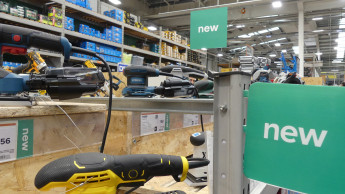
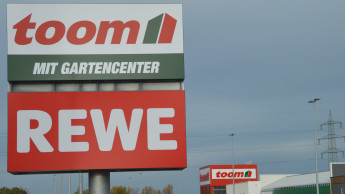

 Newsletter
Newsletter